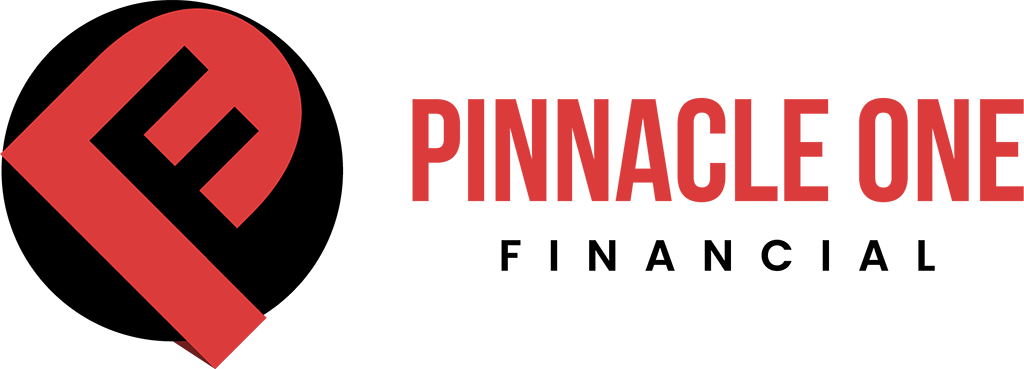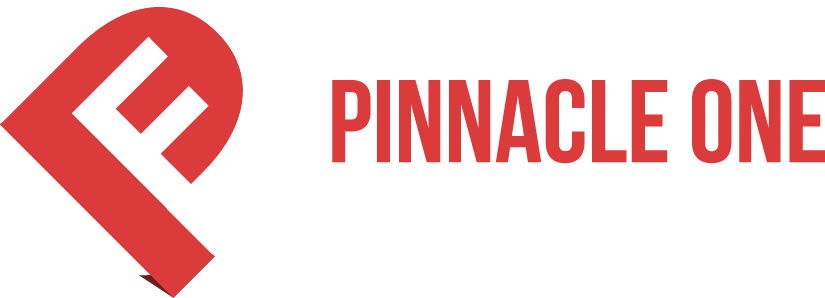Why Choosing the Right Health Insurance Plan Matters in 2025
In today’s unpredictable world, selecting the right health insurance plan is more than a financial decision—it’s a health security strategy. Medical emergencies, routine checkups, specialist care, and prescription medications can all lead to significant expenses. The right health insurance plan shields individuals and families from these unpredictable costs, provides peace of mind, and offers access to quality care.
Pinnacle One Financial understands the evolving landscape of health care. Our mission is to help families and individuals across the U.S. navigate insurance options with clarity, affordability, and security. As we step into 2025, understanding different plan types is more crucial than ever.
What to Look for in a Health Insurance Plan
Choosing a health insurance plan requires more than just comparing premiums. Consider:
- Deductibles and copays
- Network coverage (in-network vs. out-of-network)
- Prescription drug coverage
- Emergency and specialist care
- Telehealth availability
- Flexibility for families or self-employed individuals
With rising medical inflation and lifestyle changes, having a customized plan ensures long-term health protection. Let’s break down the 7 most essential types of health insurance plans ideal for individuals and families in 2025.
1. Preferred Provider Organization (PPO) Plans
Flexibility with Provider Choice and No Referrals Needed
PPO plans are one of the most popular types of insurance for both individuals and families. They offer greater flexibility when it comes to choosing healthcare providers and specialists.
Key Benefits:
- No referral needed to see a specialist
- Wide network of doctors and hospitals
- Partial coverage for out-of-network services
- Great for those who want control over their healthcare decisions
Best For:
Busy professionals, families with varied medical needs, or individuals who frequently travel.
At Pinnacle One Financial, we recommend PPO plans to clients who value convenience and a broad provider network.
2. Health Maintenance Organization (HMO) Plans
Affordable and Coordinated Care Within a Network
HMO plans focus on preventive care and typically require members to choose a primary care physician (PCP) who coordinates all treatments.
Key Benefits:
- Lower monthly premiums and deductibles
- Emphasis on preventive care
- Ideal for those who use in-network providers only
- Requires referrals for specialists
Best For:
Families on a budget who are comfortable with limited provider choice in exchange for cost savings.
Pinnacle One Financial often suggests HMO plans for young families and retirees looking for structured care.
3. Exclusive Provider Organization (EPO) Plans
H3: Lower Costs Without Referrals—But No Out-of-Network Coverage
EPO plans are a hybrid between PPO and HMO models. These plans offer flexibility within a specific network but don’t cover out-of-network care (except emergencies).
Key Benefits:
- No referrals required
- Lower premiums than PPO plans
- Wide network access within service areas
- Streamlined billing process
Best For:
Individuals who prefer fewer provider options but want access without referrals and lower costs.
If you’re looking for balance and simplicity, Pinnacle One Financial can help tailor an EPO plan to your lifestyle and local options.
4. Point of Service (POS) Plans
Coordinated Care with the Freedom to Go Out-of-Network
POS plans combine aspects of both HMO and PPO plans. They require a primary care doctor and referrals, but also allow you to use out-of-network providers at a higher cost.
Key Benefits:
- Coordination from your primary doctor
- Access to out-of-network specialists
- Balanced costs and flexibility
Best For:
Families need specialty care while still preferring a managed care structure.
Pinnacle One Financial recommends POS plans to those managing chronic conditions or complex family health needs.
5. High Deductible Health Plans (HDHPs) with Health Savings Accounts (HSAs)
Tax-Advantaged Health Coverage for Long-Term Savings
HDHPs are ideal for healthy individuals or families who want lower monthly premiums and are prepared for higher out-of-pocket costs. These plans are usually paired with Health Savings Accounts (HSAs), which offer tax advantages.
Key Benefits:
- Lower monthly premiums
- Tax-free savings for medical expenses
- Funds roll over annually
- Great for long-term financial health planning
Best For:
Young professionals, freelancers, or those looking to combine financial planning with health care.
At Pinnacle One Financial, we specialize in combining HDHPs with long-term wealth strategies, maximizing both health and financial wellness.
6. Catastrophic Health Insurance Plans
Emergency-Only Coverage for Major Illness or Injury
Designed for those under 30 or individuals who qualify for a hardship exemption, catastrophic health plans cover only worst-case scenarios after you meet a high deductible.
Key Benefits:
- Extremely low monthly premiums
- Covers essential health benefits after the deductible
- Safety net for emergency care
Best For:
Young, healthy individuals or people between jobs need temporary coverage.
Though limited in scope, Pinnacle One Financial helps clients use catastrophic plans as a short-term buffer while transitioning between comprehensive options.
7. Medicaid and Children’s Health Insurance Program (CHIP)
Low-Income Support and Family Protection
Medicaid and CHIP offer government-sponsored health insurance to eligible individuals and families based on income.
Key Benefits:
- Comprehensive coverage with low or no cost
- Available for low-income adults, children, pregnant women, and seniors
- Coverage includes hospital stays, physician visits, and preventive care
Best For:
Families and individuals meeting income eligibility requirements.
If you’re unsure about eligibility, Pinnacle One Financial offers free consultations to guide clients through the application and approval process.
How to Choose the Best Health Insurance Plan in 2025
Assess Your Health Needs and Budget
Before selecting a plan, evaluate:
- Frequency of doctor visits
- Existing prescriptions or chronic conditions
- Number of dependents
- Budget for premiums vs. deductibles
Use Licensed Health Insurance Experts
Choosing health coverage can be confusing. Pinnacle One Financial provides licensed advisors who simplify the process by comparing multiple providers, ensuring you don’t overpay or miss out on benefits.
Understand the Terminology
Make sure you understand:
- Coinsurance
- Out-of-pocket maximums
- Formulary drug lists
- Enrollment deadlines
All of this helps avoid unexpected expenses.
Special Health Insurance Considerations for 2025
Telemedicine is Now a Core Feature
Post-COVID, most plans now include telehealth coverage, making it easier for families to access care without travel.
Mental Health Services Are Expanding
Mental health is now integrated into all ACA-compliant plans. Coverage includes counseling, psychiatric care, and substance abuse treatment.
Women’s and Children’s Health Prioritized
Plans now include free annual checkups, maternity coverage, and vaccinations for children as essential benefits.
Pinnacle One Financial keeps all these new updates in mind when customizing plans for our clients.
Final Thoughts — Secure Your Health and Finances with the Right Plan
Your health is your greatest asset. Whether you’re a single professional, a growing family, or a self-employed entrepreneur, having the right health insurance plan ensures medical and financial peace of mind.
At Pinnacle One Financial, we help you navigate every option—PPOs, HMOs, HDHPs, and more—so you can make the most informed, confident decision for 2025 and beyond.
Let our experts customize your plan today.
FAQ — Health Insurance Plans for 2025
What is the best health insurance plan for a family of four?
A PPO or POS plan usually works best, providing flexibility and family-wide coverage for both preventative and specialist care.
Can I change my plan mid-year?
Only under qualifying life events (e.g., marriage, birth of a child, loss of coverage) during a Special Enrollment Period (SEP).
How do I know if my doctor is in-network?
Use your insurer’s provider directory or contact Pinnacle One Financial for assistance in confirming network status.
Do all plans cover mental health in 2025?
Under the ACA, mental health services are included in essential benefits for all qualified health plans.


